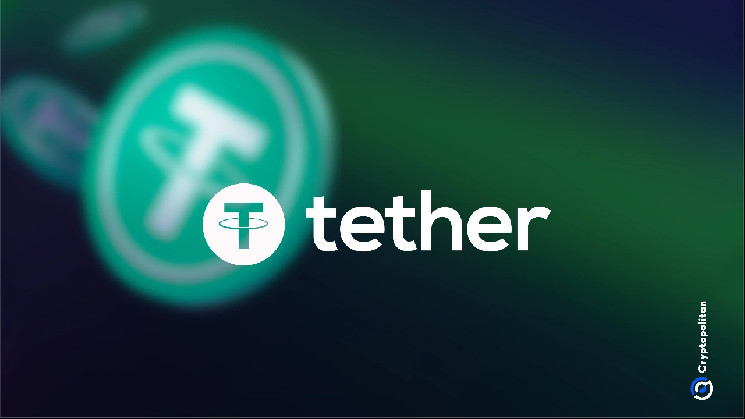Recent reports claim that drug cartels dealing in cocaine have started using Tether ($USDT) in their money laundering activities in North and South America. These organizations are said to use the stablecoin to transfer funds and cash rapidly and anonymously across borders, especially between Mexico, Colombia, and the US.
According to court files, the Sinaloa cartel and other criminal organizations have used $USDT in big drug trafficking deals. The report states, “The $USDT was sold at a cheaper rate in Mexico because it was known to be drug proceeds.”
The stablecoin is then re-sold in Colombia through currency exchange platforms, over-the-counter (OTC), and peer-to-peer (P2P) transactions and this results in enormous criminal proceeds. In one case, the U.S. government filed a civil forfeiture complaint to recover more than $5 million worth of $USDT holdings spread across three Binance accounts. These accounts allegedly associated with cocaine sales handled more than $15m in transactions.
Another FBI investigation found that Mexican cartels used cryptocurrency intermediaries to wash $52.5 million of drug money between 2021 and 2023. The authorities pointed out that this has been going on for some time, with cartels employing $USDT together with Bitcoin (BTC) for money laundering.
Tether distances itself from illicit activities
The parent company of $USDT, Tether, stated that it will continue to ensure that there are no fraudulent activities. A representative noted, “Tether has the ability to track all transactions and halt $USDT whenever it is used in any illicit manner.”
The company also explained that the transactions in question were made in the secondary market and Tether had no involvement in it. The use of cryptocurrencies in drug trafficking is not limited to Tether ($USDT). The Mexican buyers of Chinese fentanyl makers also used Bitcoin and other cryptocurrencies, as stated by the sources.
Tether has not been exempted from legal issues in the past. In 2021 alone, CFTC accused the company of defrauding investors by giving false information about the $USDT reserve of $41 million. Notably, the company is still growing its market share, with Tether now holding more than 75% of the stablecoin market.
Tether’s investments raise questions
Tether has also recently invested in Adecoagro, a Latin American agricultural company, buying a 9.8% stake for $100 million. This is the first time that the public has received a glimpse into Tether’s governance and investment approach, which only compounds the uncertainty of the stablecoin’s future.
Cyber Capital’s Justin Bond has pointed out that the company’s murky operations may result in more severe governance problems. Sean Lee, co-founder of IDA Finance, stated, “Tether is structured as a business, and their insistence on not providing the level of detailed transparency that ensures real trust from the community and institutional players is indeed concerning.”
 cryptopolitan.com
cryptopolitan.com
